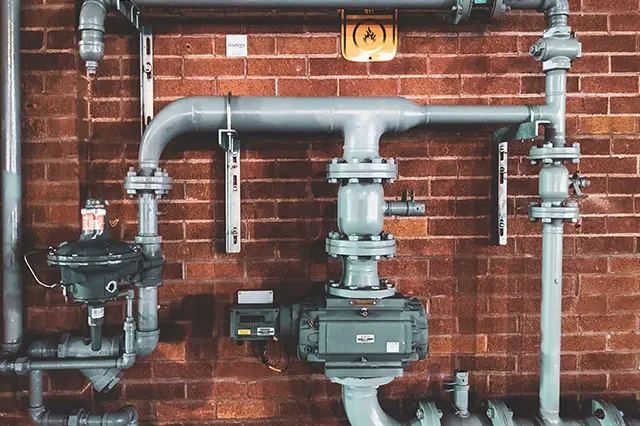
Should You Repair or Replace Your Heater? Weighing The Pros and Cons of Each Option
Your heater is one of the most important parts of your home, responsible for keeping your family warm in the cold winter months. But when it stops working, you’re faced with a rather difficult decision: should you repair or replace your heater? Both options have their advantages and disadvantages and it can be hard to know which one is right for you. In this article, we’ll explore both repair and replacement options and weigh the pros and cons of each so that you can make an informed decision about what’s best for your heating needs.
Why do heaters break down?
It’s not uncommon for homeowners to experience a broken-down heater at some point. Unfortunately, when your heater breaks down, you’re left with the decision of whether to repair or replace it. To help you make the best decision for your home and budget, our experts have weighed the pros and cons of each option.
Repairing your heater may be the more affordable option upfront. However, you may end up spending more on repairs over time if your heater is outdated or nearing the end of its lifespan. Replacing your heater may cost more initially, but it could end up saving you money in the long run by eliminating the need for costly repairs and helping you avoid a complete system breakdown.
When making your decision, be sure to consider the age of your heater, the severity of the damage, and the cost of parts and labor. Our team can help you weigh your options and make the best decision for your home and budget.
The benefits of repairing your heater
When your heater breaks down, you have to make a decision on whether to repair or replace it. Both options have their pros and cons that you need to weigh before making a decision.
If your heater is relatively new and under warranty, then repairing it may be the best option. The parts and labor will be covered by the warranty, so you won’t have to pay anything out of pocket. However, if the repairs are extensive, it may be more cost-effective in the long run to replace the heater.
If your heater is old and no longer under warranty, then replacing it is probably your best option. The initial investment will be higher, but you’ll save money on your energy bills in the long run because newer heaters are much more efficient than older ones. Plus, you won’t have to worry about unexpected repair bills.
The benefits of replacing your heater
There are a few key benefits to replacing your heater rather than repairing it. First, a new heater will be more energy-efficient, which can save you money on your energy bills. Second, a new heater will likely come with a warranty, giving you peace of mind in case something goes wrong. Finally, a new heater will likely have all the latest features and technology, making it easier and more comfortable to use.
How to decide whether to repair or replace your heater
If your heater is on the fritz, you may be wondering whether to repair or replace it. There are a few things to consider when making this decision, such as the age of your heater, the severity of the damage, and the cost of repairs.
Age: One factor to consider is the age of your heater. If your heater is old, it may not be worth repairing because it may not last much longer anyway. On the other hand, if your heater is fairly new, it may be worth repairing because it should have many more years of use.
Damage: Another factor to consider is the severity of the damage. If the damage is minor, such as a loose wire or a clogged filter, repairs may be all that is needed. However, if the damage is more major, such as a cracked heat exchanger or a failed compressor, replacement may be necessary.
Cost: The cost of repairs should also be considered when making this decision. In some cases, repairs can be quite expensive and may even cost more than replacement. You’ll need to weigh whether the cost of repairs is worth it or if you’d rather just replace your heater outright.
Ultimately, the decision to repair or replace your heater is a personal one. You should consider factors such as the age of your heater, the severity of the damage, and the cost of repairs when making this decision.
Conclusion
After weighing the pros and cons of whether to repair or replace your heater, it’s up to you determine which option is best for your situation. If you have an older heater that requires frequent repairs and is costing more in energy bills than a new unit would, it might be time to invest in a replacement. On the other hand, if you have a newer unit with minor issues or just need some basic maintenance done on yours, then repairing may be the better choice. No matter what option you choose, make sure to do plenty of research beforehand so that you can find the best solution for your needs.
